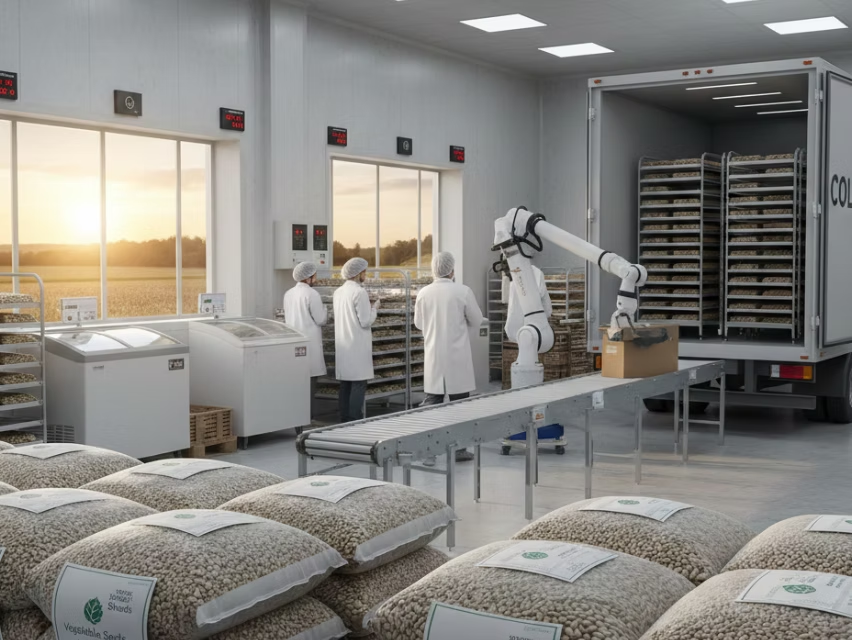Smart Irrigation Systems
- IRIS Hybrid Seeds

- Dec 14, 2024
- 2 min read
In today's world, where climate change is causing erratic weather patterns and water scarcity is a growing concern, efficient water management in agriculture has become paramount. Smart irrigation systems offer a promising solution to address these challenges and enhance agricultural productivity.
What is Smart Irrigation?

Source : Linkedin
Smart irrigation is a technology-driven approach to water management that uses sensors, controllers, and weather data to optimize irrigation schedules. By precisely delivering the right amount of water to crops, smart irrigation systems help farmers conserve water, reduce costs, and improve crop yields.
How Does Smart Irrigation Work?

Source : intellias
Sensor Network: A network of sensors monitors soil moisture, temperature, and other environmental factors.
Data Analysis: The collected data is analyzed to determine the precise water needs of the crop.
Automated Irrigation: Based on the data analysis, the irrigation system automatically adjusts the timing and duration of water delivery.
Real-Time Monitoring: Farmers can monitor their fields remotely and make informed decisions about irrigation.
Benefits of Smart Irrigation:

Source : softwebsolutions
Water Conservation: By minimizing water waste, smart irrigation helps conserve precious water resources.
Increased Crop Yield: Precise water delivery leads to healthier and more productive crops.
Reduced Labor Costs: Automated irrigation systems require less manual labor.
Improved Soil Health: Efficient water management prevents soil erosion and salinization.
Environmental Sustainability: By reducing water usage and chemical runoff, smart irrigation contributes to a greener planet.
Challenges and Future Trends
While smart irrigation offers significant benefits, there are challenges to its widespread adoption:
Initial Investment: The cost of installing smart irrigation systems can be high.
Technical Expertise: Farmers may require training to operate and maintain these systems.
Power Supply: Reliable power supply is essential for the functioning of smart irrigation systems, especially in remote areas.
The future of smart irrigation is promising, with advancements in technology and increasing awareness about sustainable agriculture. As technology continues to evolve, we can expect even more sophisticated and efficient irrigation solutions. By embracing smart irrigation, farmers can secure a sustainable and prosperous future for agriculture.





Comments